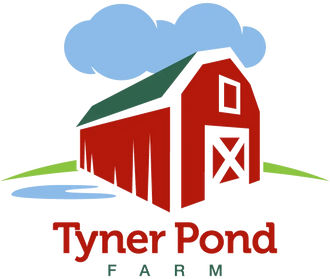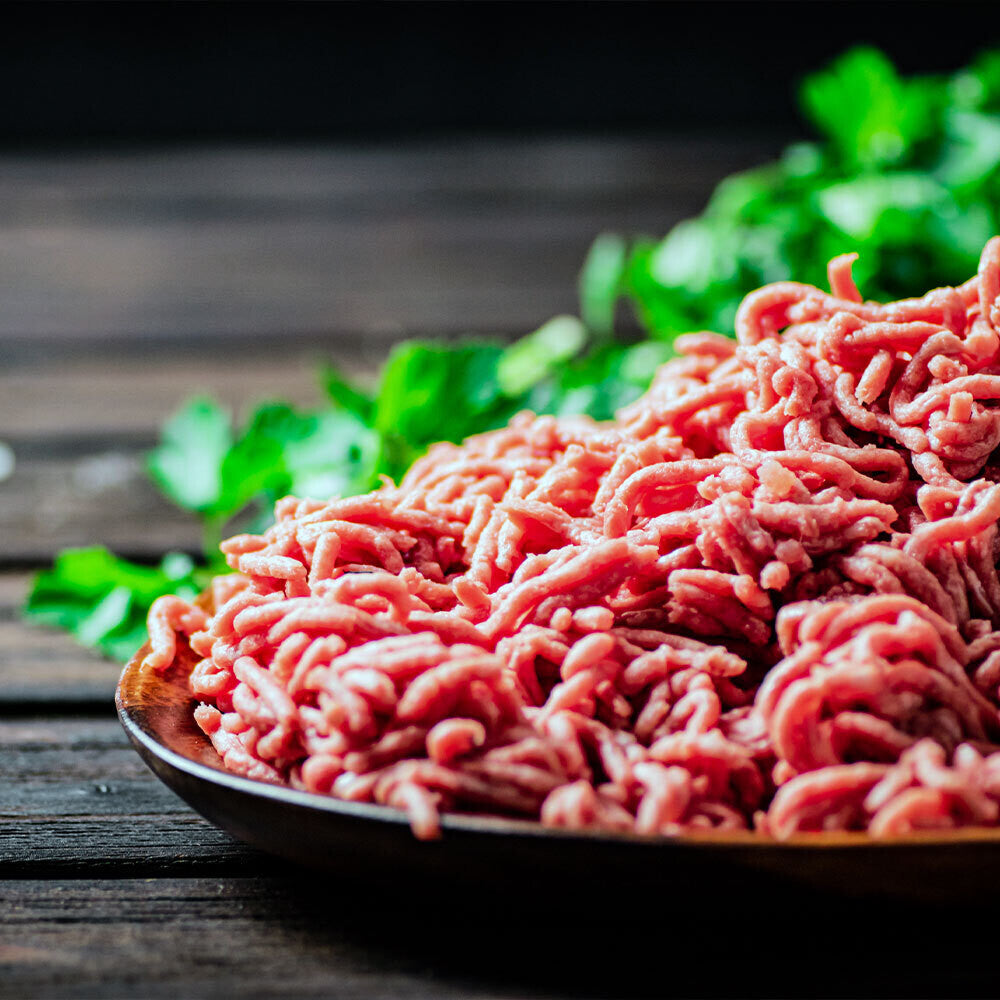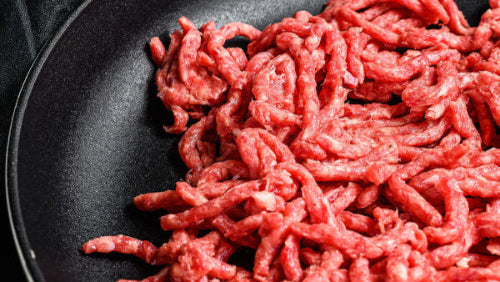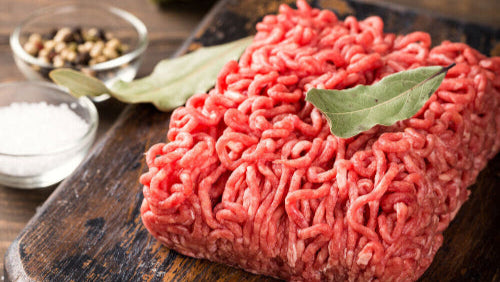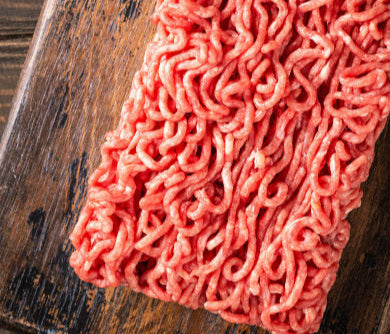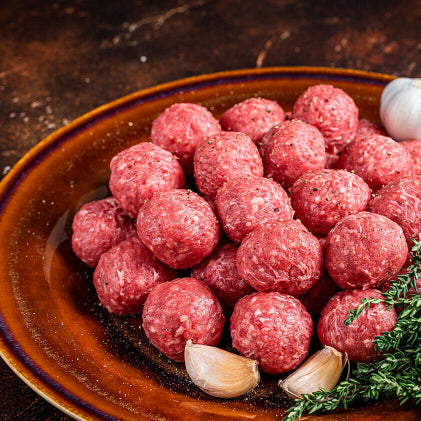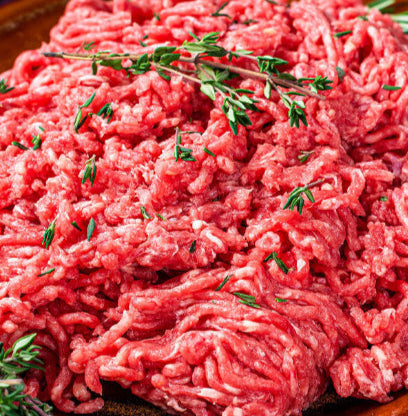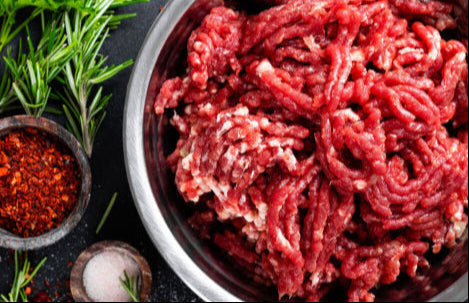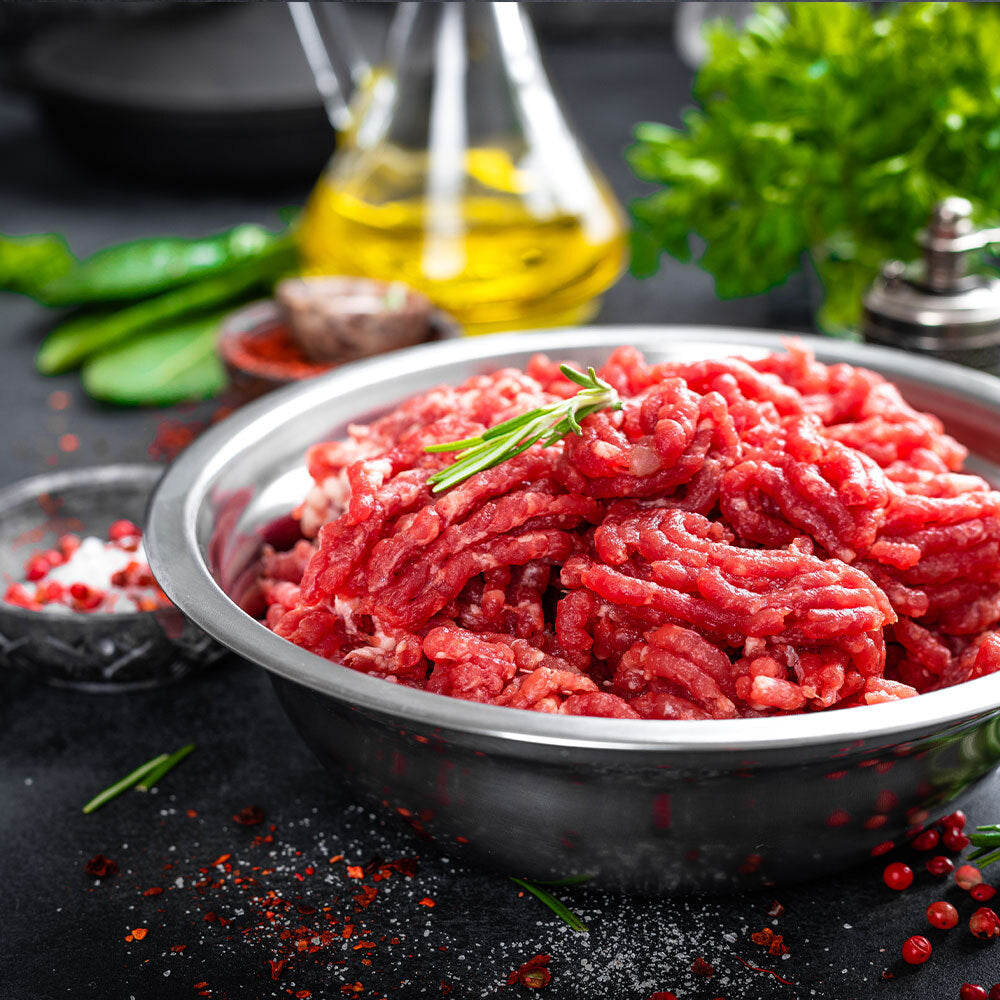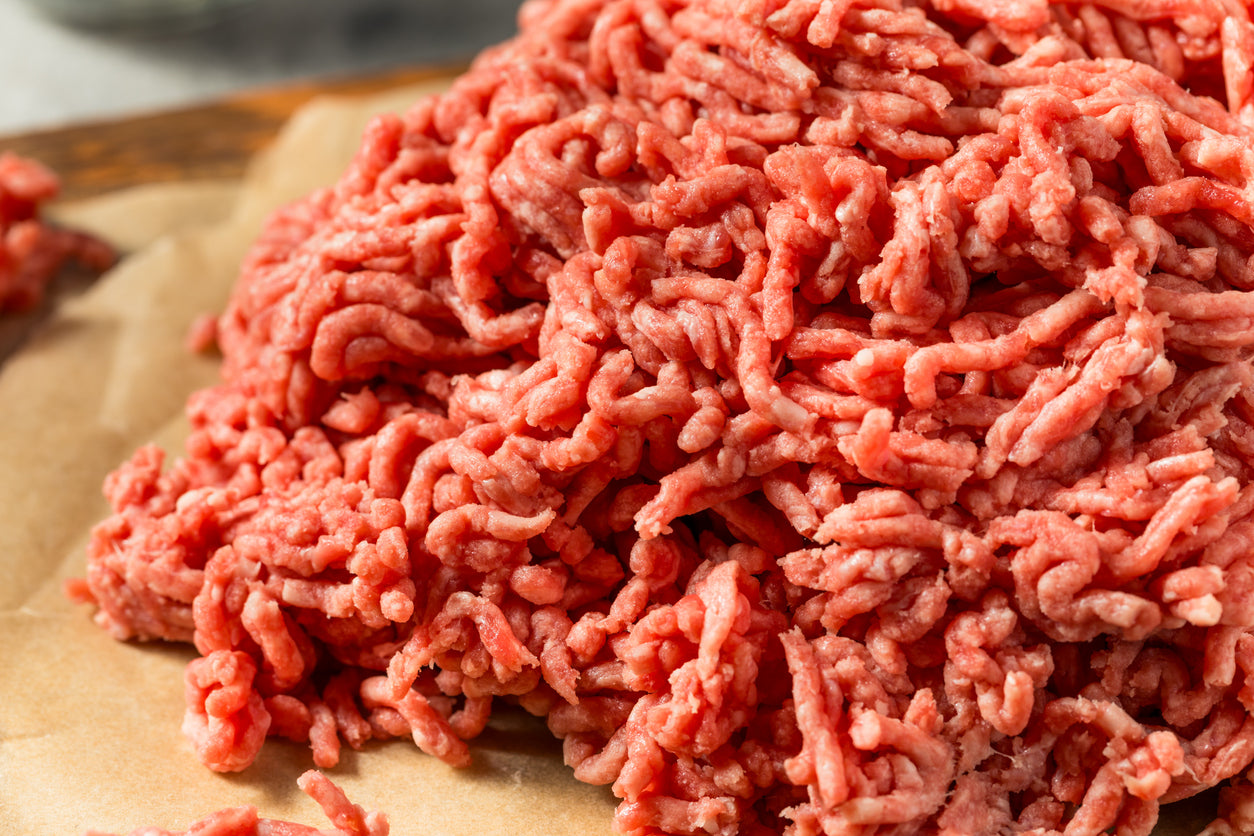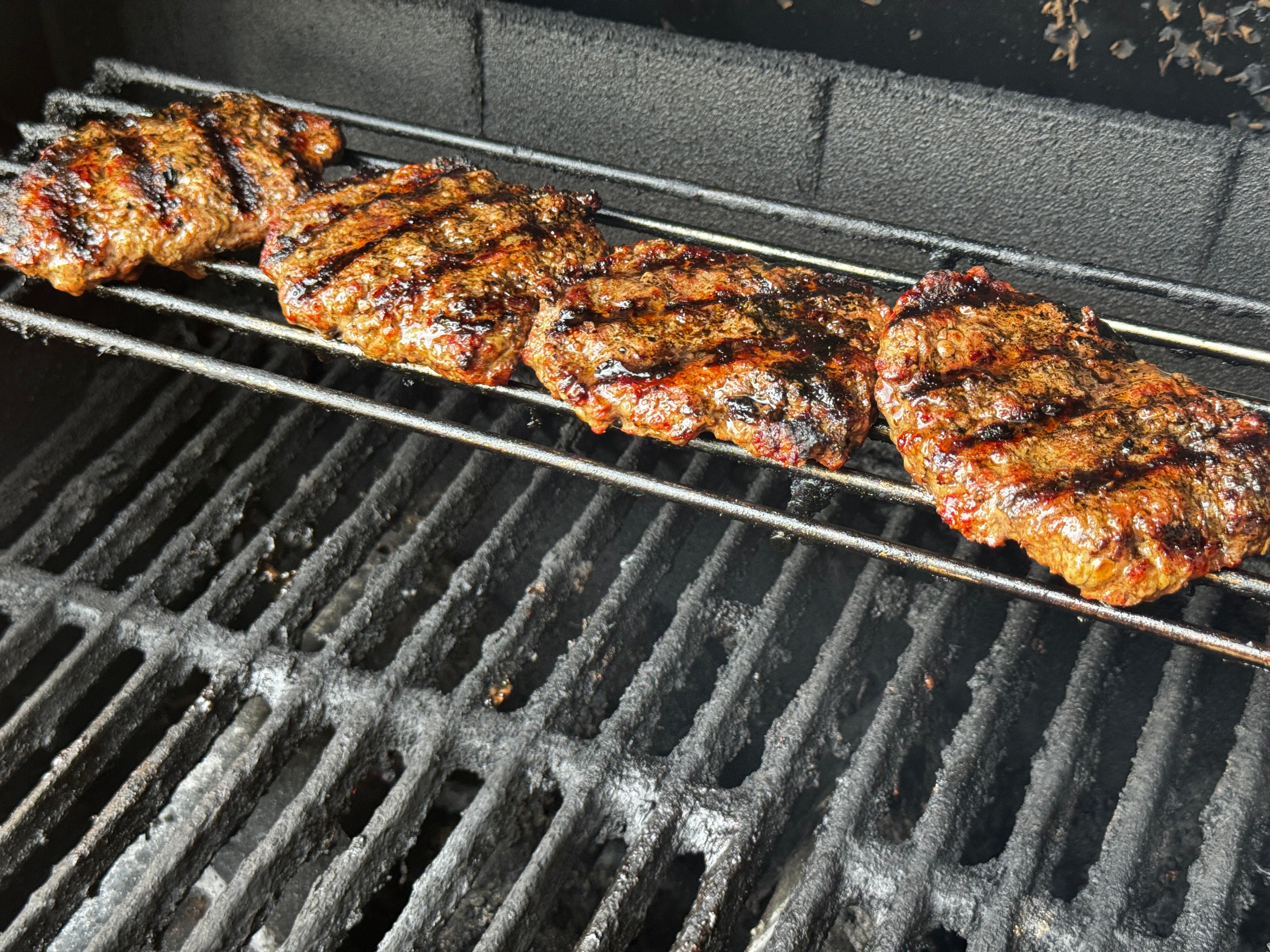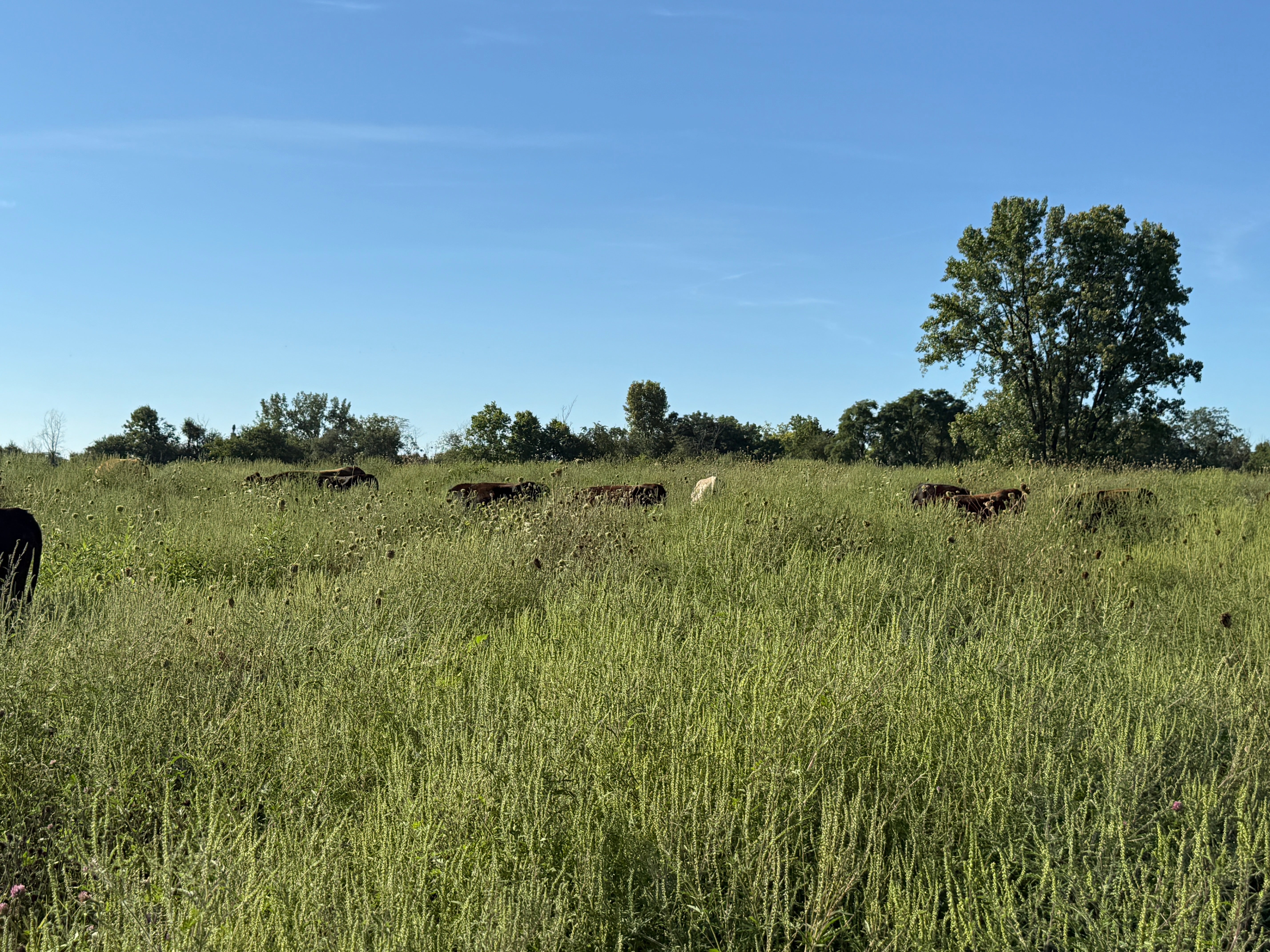
Why Grasslands Matter — and What That Means for Our Beef and Chicken
At Tyner Pond Farm, we spend most of our days surrounded by grass — and for good reason. Grasslands are among the most productive and resilient ecosystems on earth. They’re the foundation of regenerative agriculture and the key to nutrient-dense, responsibly raised meat.
90% of the Life Is Underground
Most people think of grass as what they can see above the soil, but nearly 90% of the biomass of a grassland lives below the surface. Those deep, dense root systems do far more than anchor plants. They pull carbon out of the atmosphere, store water, feed soil microbes, and create the structure that holds our land together. Healthy grasslands filter rainfall, prevent erosion, and protect clean water downstream.
When grass thrives, everything connected to it does too — from the soil life beneath to the animals grazing above.
How Grazing Animals Shaped the Land
Grasslands didn’t evolve alone. They co-evolved with herds of grazing animals and the predators that kept those herds moving. Over millions of years, this relationship shaped the landscape.
When animals graze a plant, it responds by growing back stronger. But it needs time to recover before being grazed again. In nature, predators made sure herds stayed bunched and constantly on the move, never overgrazing one spot. That movement allowed plants to regrow, soils to rebuild, and life to flourish.
How We Mimic Nature at Tyner Pond Farm
We use intensively managed grazing to recreate that same natural cycle. Instead of predators pushing herds across the land, we use portable fencing and daily moves. Our cattle graze each paddock briefly and then move on, giving the grass plenty of time to recover.
This approach builds soil, increases biodiversity, and locks more carbon underground — while providing our cattle with the most nutrient-dense forage possible.
Our chickens follow behind the cows, scratching through the grass and spreading manure. It’s a simple, elegant system where every species plays a role — just as it would in a healthy wild ecosystem.
The Result: Better Land, Better Food
By working with the natural rhythms of grasslands, we’re improving soil health, restoring habitat, and producing meat that’s healthier for both people and the planet. Our grass-fed beef and pasture-raised chicken come from animals that spend their lives outdoors, eating what they were meant to eat and helping to regenerate the land in the process.
At Tyner Pond Farm, we believe good food starts with good land — and the secret to good land starts with grass.
